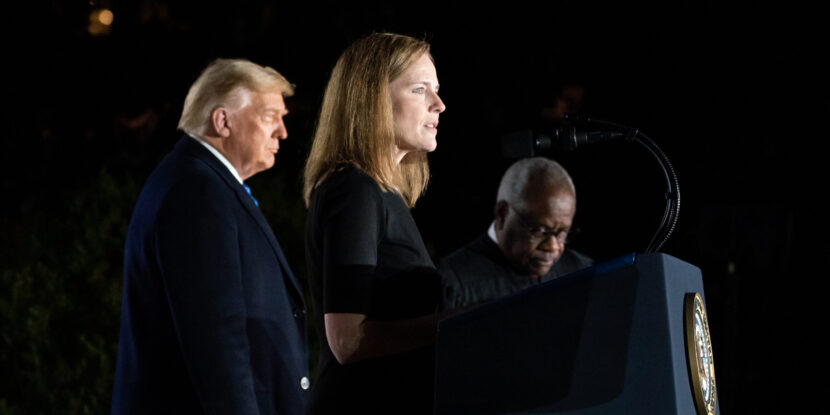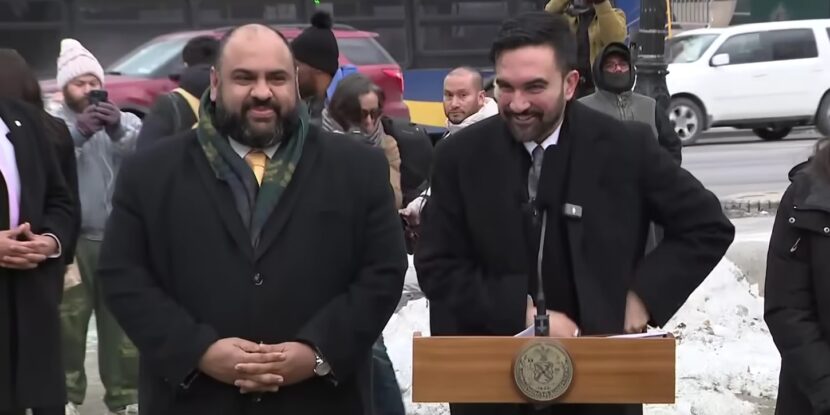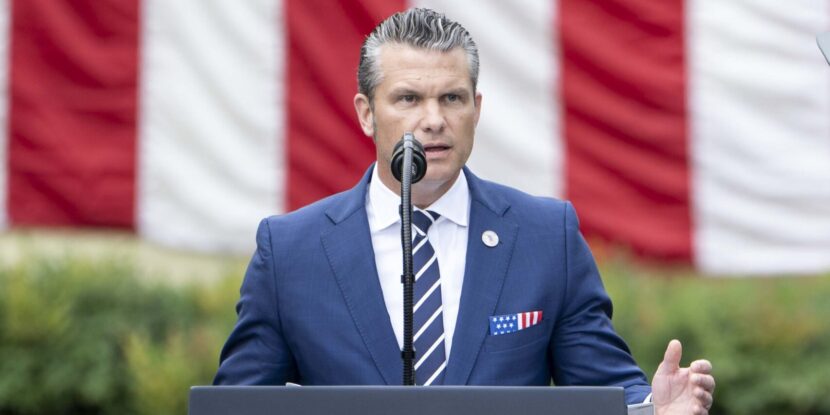PULSE POINTS:
❓What Happened: Supreme Court Justice Amy Coney Barrett sided with her liberal colleague, Justice Elena Kagan, and pressed Solicitor General John Sauer over the Trump White House’s position on whether there are instances when lower federal courts can issue nationwide actions blocking executive branch actions.
👥 Who’s Involved: Justice Amy Coney Barrett, Justice Elena Kagan, Solicitor General John Sauer, and the U.S. Supreme Court.
📍 Where & When: U.S. Supreme Court, on Thursday, May 15, 2025, during oral arguments in a landmark birthright citizenship case.
💬 Key Quote: Justice Barrett asked Sauer, “Are you really going to answer Justice Kagan by saying there’s no way to do this expeditiously?”
⚠️ Impact: The case involves challenges to injunctions against President Donald J. Trump’s executive order on ending birthright citizenship, potentially affecting nationwide legal precedents.
IN FULL:
Supreme Court Justice Amy Coney Barrett pressed Solicitor General John Sauer during oral arguments on Thursday as the Court reviewed a series of cases challenging injunctions against President Donald J. Trump’s Executive Order aimed at ending birthright citizenship. The cases—Trump v. CASA, Trump v. Washington, and Trump v. New Jersey—center on whether nationwide injunctions issued by lower courts were appropriate in blocking the executive order.
The justices debated the procedural and legal frameworks surrounding the matter, with liberal Justice Elena Kagan questioning Sauer on how the Court could rule on the issue without allowing nationwide injunctions. Kagan, during the session, asked Sauer to assume the executive order was “dead wrong” and explain how the judiciary could address the matter efficiently: “And, you know, look, there are all kinds of abuses of nationwide injunctions, but I think that the question that this case presents is… it’s quite clear that the EO is illegal; how does one get to that result, in what time frame on your set of rules without the possibility of a nationwide injunction?”
“On this case and on many similar cases, the appropriate way to do it is for there to be multiple lower courts considering it, the appropriate percolation that goes to the lower courts, and then ultimately this court decides the merits in a nationwide binding precedent,” Sauer replied, arguing: “You have a complete inversion of that through the nationwide injunctions with a district court.”
At this point, Justice Barrett intervened and, in an exasperated tone, pressed Sauer: “Are you really going to answer Justice Kagan by saying there’s no way to do this expeditiously?” Barrett went on to push Sauer on whether forming a class of individual plaintiffs could resolve the matter more quickly. President Trump’s Solicitor General said that class certification could expedite the process, though he noted it had not been briefed in the lower courts.
Justice Barrett’s line of questioning marks the latest instance of the Trump-appointed jurist siding with the high court’s leftist faction over her more conservative colleagues. Notably, Barrett is among the bloc of justices that have upheld several injunctions against President Trump’s actions to remove illegal immigrants from the United States.





















